May 21 will be the 90th anniversary of the birth of Soviet physicist Andrei Sakharov. One of the fathers of the Soviet H-bomb and a Nobel Peace Prize winner, Sakharov was also a politician and dissident. He died at the age of 68 in 1989, having spent seven years in internal exile.
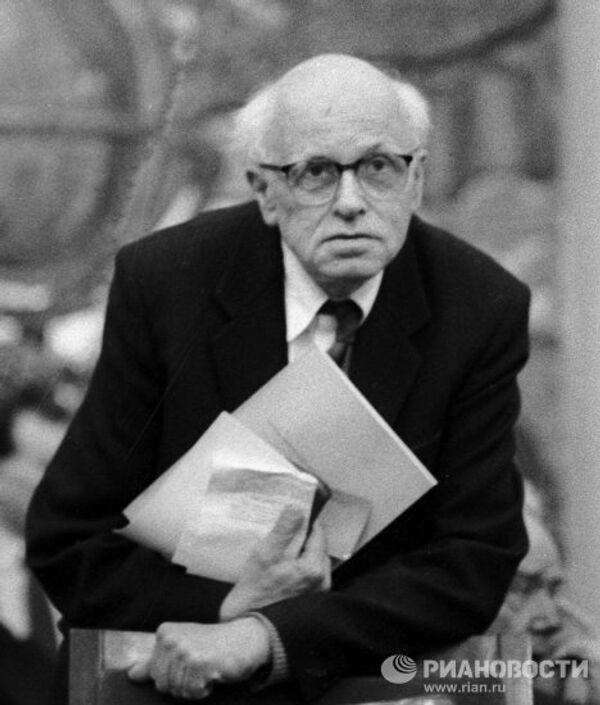
May 21 will be the 90th anniversary of the birth of Soviet physicist Andrei Sakharov, one of the fathers of the Soviet H-bomb, Nobel Peace Prize winner, politician and dissident.
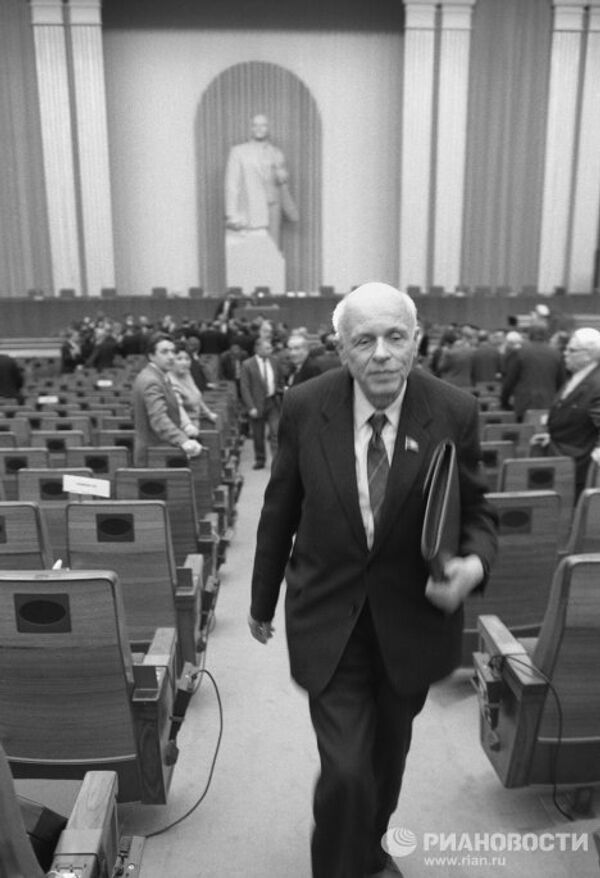
Sakharov died of a heart attack on December 14, 1989. He gave his last speech in the Kremlin the day before at a meeting of the Inter-Regional Deputy Group during the Second Congress of People’s Deputies.
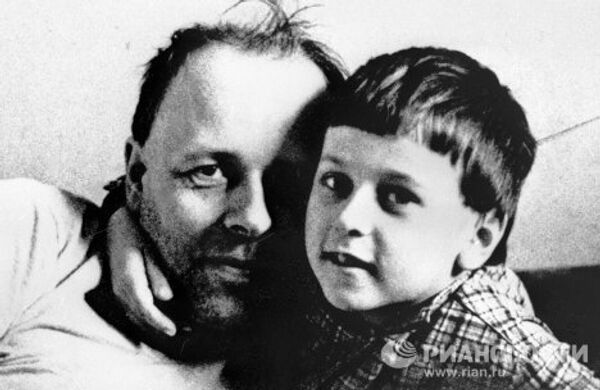
The future Nobel laureate’s education began at home before entering school in the seventh grade. He graduated from secondary school with honors in 1938 and enrolled in the Department of Physics at Moscow State University, from which he would also graduate with honors. In 1948, Sakharov was hired to work for the thermonuclear weapons R&D group led by Igor Tamm, where he remained until 1968. Photo: Sakharov with his son Dima in 1963.
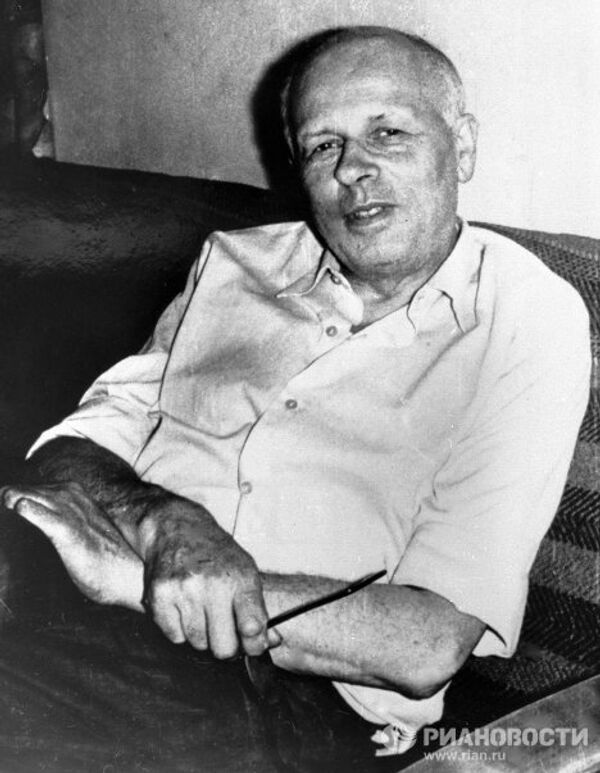
Beginning in the late 1950s, Sakharov began to publicly advocate banning nuclear weapons testing. In the 1960s, he became one of the leaders of the human rights movement in the USSR. Photo: Sakharov at his Zhukovka summer house outside Moscow in 1972.
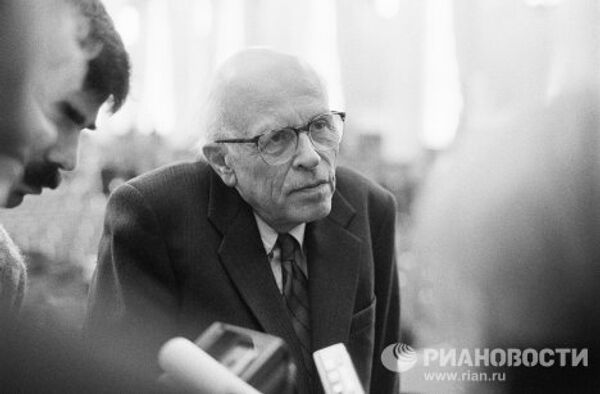
In 1970, Sakharov began to focus his efforts on defending human rights and the victims of political repression. He was one of the founders of the Moscow Human Rights Committee. Sakharov advocated for the abolition of capital punishment, the right to emigrate and against environmental pollution and forcible treatment of dissidents in psychiatric hospitals.
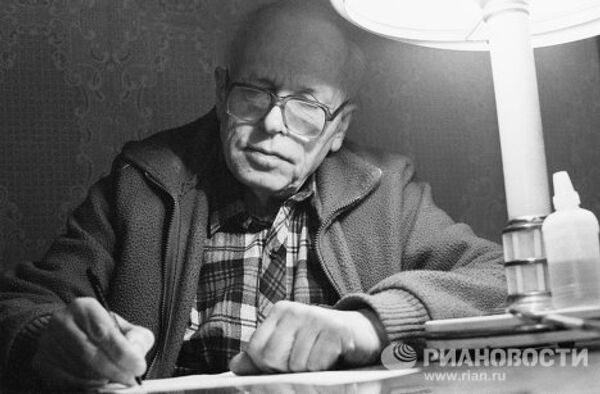
In 1975, Sakharov wrote the book “On Country and the World.” He was awarded the Nobel Peace Prize in the same year. Soviet newspapers began printing open letters signed by scientists and prominent cultural figures, denouncing Sakharov’s political activities.
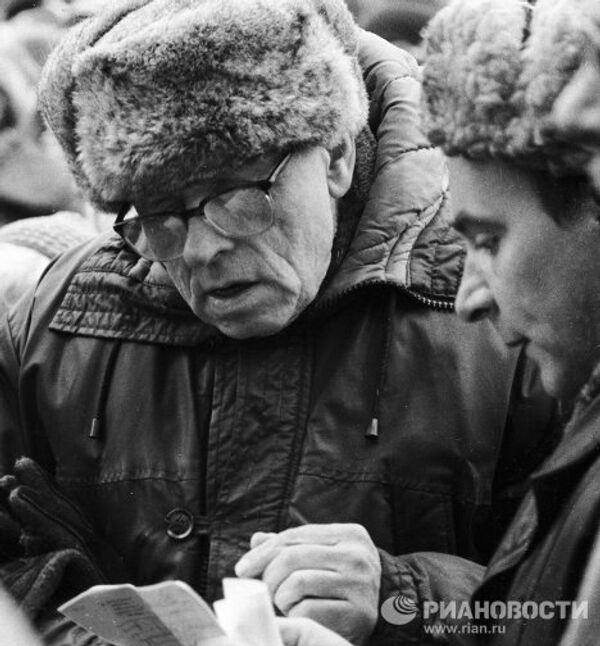
In December 1979 and January 1980, statements made by Sakharov against the deployment of Soviet troops in Afghanistan made the front pages of Western newspapers. Photo: Sakharov at a rally of researchers from Moscow-based institutes in 1989.
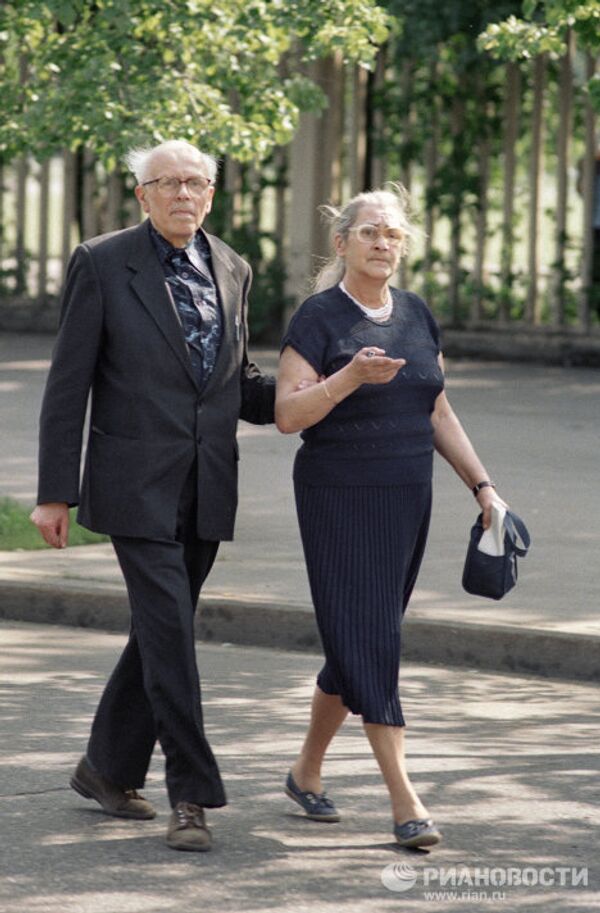
In 1980, Sakharov was arrested on his way to work. He was sent into internal exile in the city of Gorky together with his wife, Yelena Bonner, without investigation or trial. He was sent to Gorky in part because it was closed to foreigners at the time.
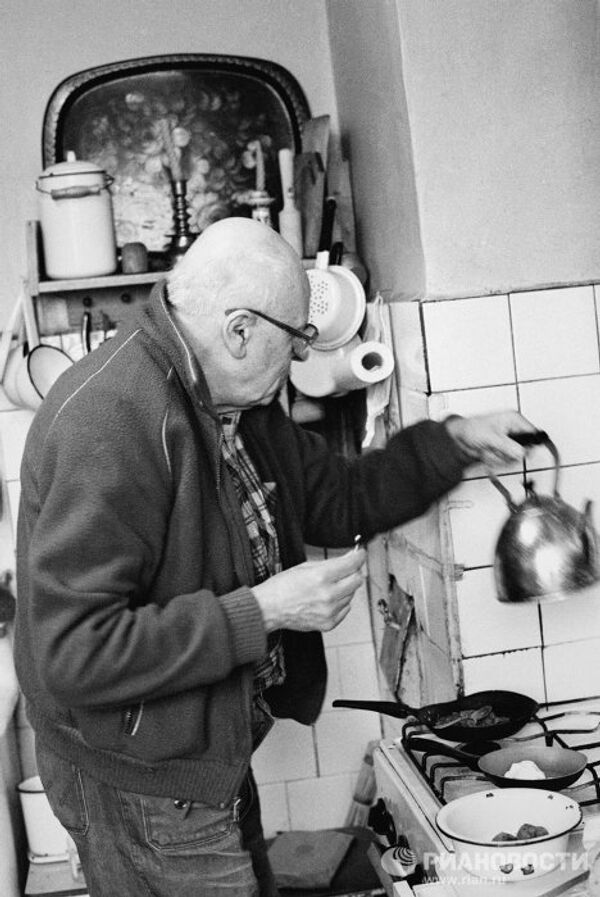
Sakharov was stripped of his rank of Hero of Socialist Labor (three awards) and his Stalin and Lenin prizes. During his exile in Gorky, he was kept in almost complete isolation under round-the-clock police surveillance. Photo: Sakharov at home in 1989.
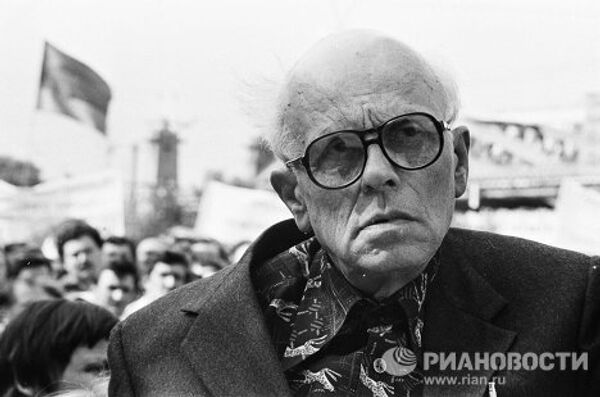
During his exile in Gorky, Sakharov was kept in almost complete isolation under round-the-clock police surveillance.
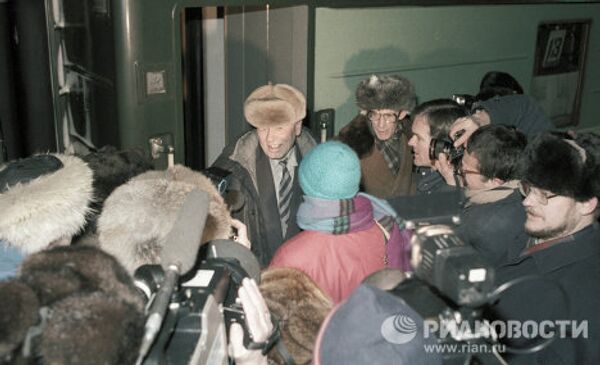
In Gorky, Sakharov staged three of his longest hunger strikes. In 1981, he and his wife Yelena Bonner went on a hunger strike for 17 days to protest illegal actions taken by the authorities against his relatives; in May 1984, he went on strike for 26 days to protest criminal proceedings against his wife; Sakharov went on hunger strike for 178 days from April through October 1985 in an attempt to secure permission for his wife to travel abroad for heart surgery. He was taken to a hospital and subjected to force-feeding. In December 1986, Mikhail Gorbachev ordered that Sakharov be released from exile in Gorky.
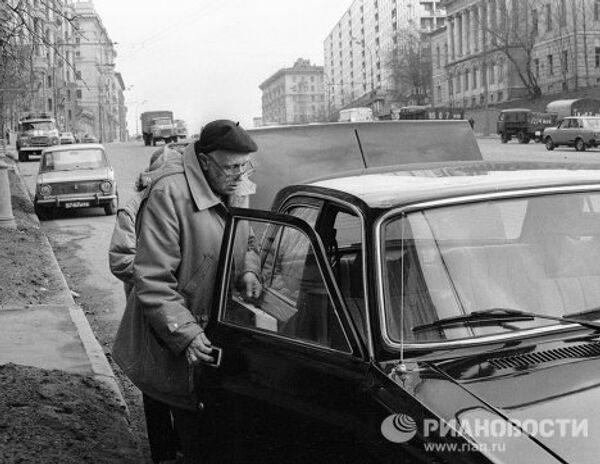
In November and December 1988, Sakharov travelled abroad for the first time. During his trip he met with Ronald Reagan, George Bush, Margaret Thatcher and Francois Mitterrand.
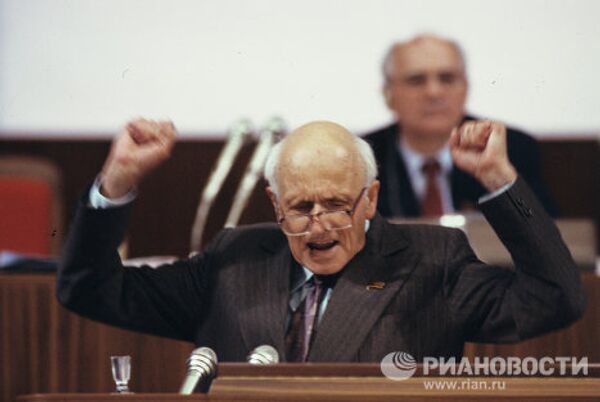
In March 1989, Sakharov was elected People’s Deputy of the USSR from the Academy of Sciences. His speeches at meetings were often interrupted by antagonistic applause, yelling and whistling.
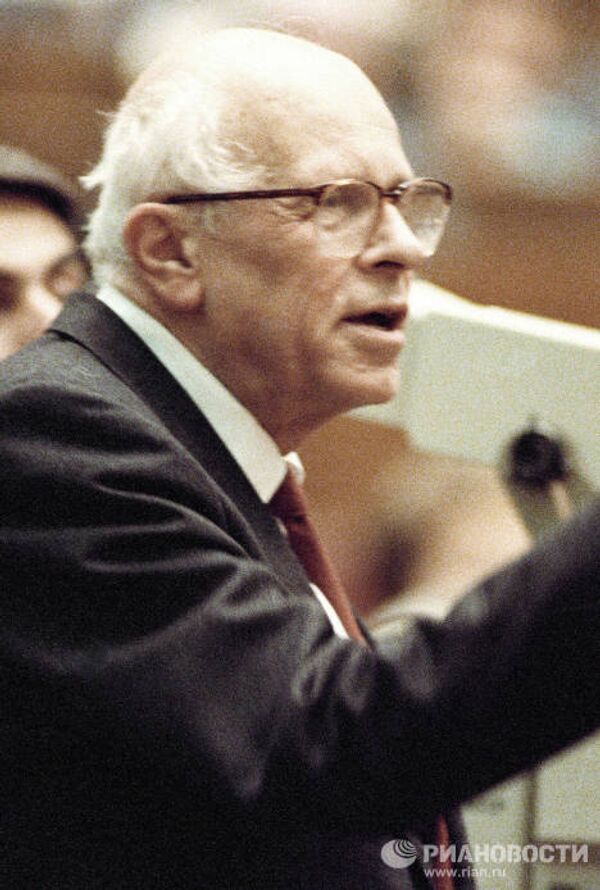
Now streets and squares in many cities of the world bear Sakharov’s name, and monuments are being erected in his honor. Many documentaries and articles have hailed him as a prophet.

